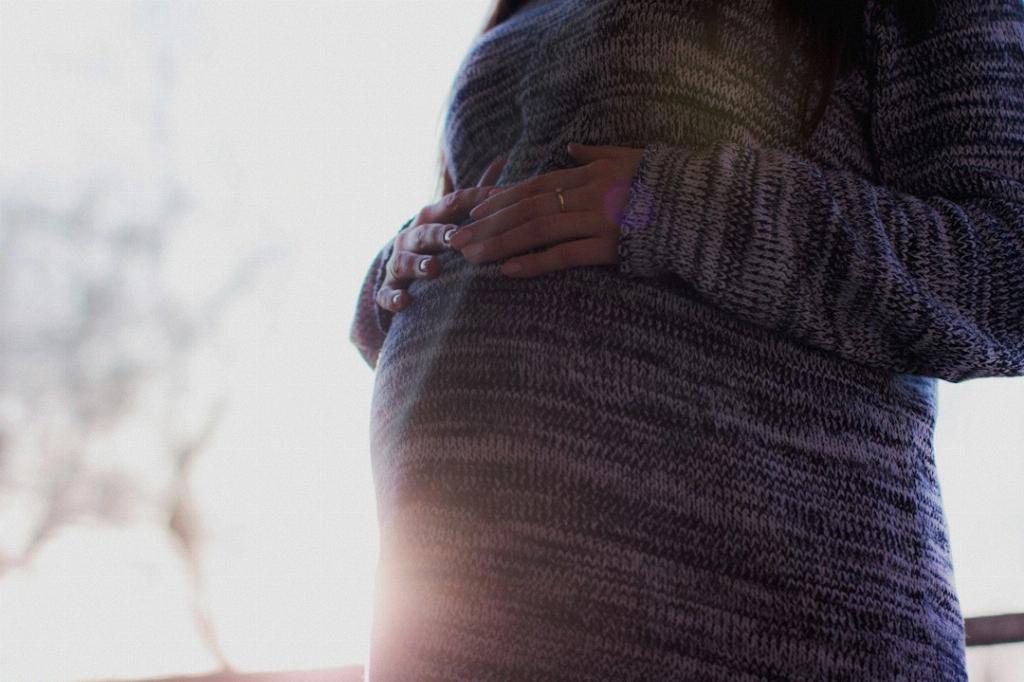During pregnancy, it’s common to question whether or not you need to drink milk to support a healthy pregnancy. The reality is that milk itself is not a necessity, but the nutrients it provides, particularly calcium, are essential for the development of your baby and the maintenance of your own health.
One of the most crucial nutrients found in milk is calcium. When you don’t drink milk during pregnancy, you risk not getting an adequate amount of this vital mineral. Calcium is essential for the development of your baby’s bones, teeth, and muscles.
If you neglect to consume enough calcium during pregnancy, your body will compensate by drawing calcium from your own bones and teeth to meet the needs of your growing baby. This can lead to potential health issues for you, such as osteoporosis or weakened teeth.
In addition to calcium, milk contains other important nutrients like vitamin D, which plays a key role in calcium absorption and bone health. Without sufficient vitamin D, your body may struggle to utilize the calcium you do consume, further jeopardizing the development of your baby’s skeletal system.
Furthermore, the absence of milk in your diet can impact your overall nutritional intake. Dairy products are a convenient source of protein, vitamins, and minerals that support the health of both you and your baby. Without these nutrients, you may be at risk of deficiencies that could affect the well-being of you and your little one.
It’s crucial to remember that while milk is a valuable source of nutrients, there are alternative options available for obtaining calcium and other essential nutrients during pregnancy. Incorporating foods like leafy greens, fortified plant-based milks, tofu, and nuts into your diet can help ensure you’re meeting your nutritional requirements.
If you choose not to drink milk during pregnancy, it’s vital to work with your healthcare provider or a nutritionist to develop a well-rounded eating plan that includes alternative sources of calcium and other essential nutrients. This personalized approach can help safeguard the health of both you and your baby throughout the pregnancy and beyond.
In conclusion, while skipping milk during pregnancy may not have immediate consequences, the potential long-term effects on your health and the development of your baby should not be overlooked. Prioritizing the intake of essential nutrients, including calcium and vitamin D, through a balanced diet is crucial for supporting a healthy pregnancy and ensuring the well-being of both you and your little one.

